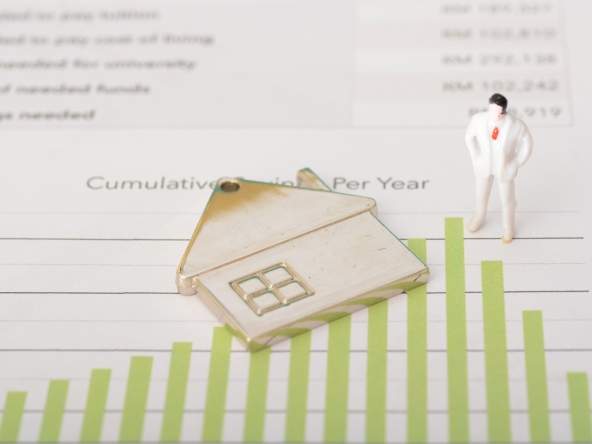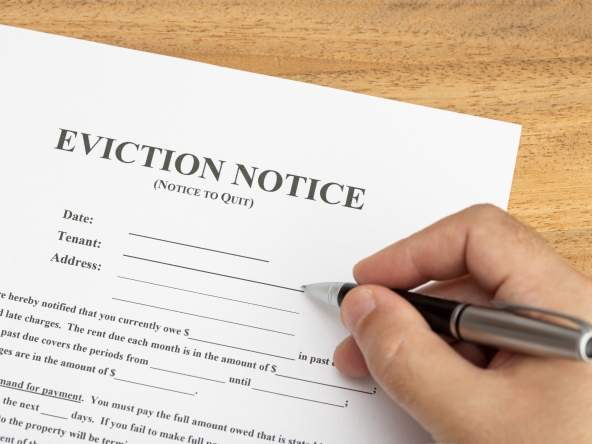When you search for your home address online, you’ll often come across websites like Redfin, Zillow, and other real estate platforms. You may notice that the square footage information for your property varies across these sites. So, why the inconsistency?
Square footage is crucial in real estate because it directly influences your property’s value. Surprisingly, there isn’t a single official source that defines the exact size of your home. Let’s break down the different sources you’ll encounter and understand what they really mean.
Real Estate Sites
The information on real estate sites is typically syndicated from MLS (Multiple Listing Services), a database where real estate agents enter details about properties they’re selling or leasing. For example, the square footage listed on Redfin for your home was likely entered by the agent who listed it before you purchased it. We’ll call this the “listing square footage.”
If you scroll down on Redfin or similar sites, you’ll find a “Public Records” section. Often, the square footage in this section matches the listing square footage because it’s easier for agents to copy and paste this information. However, agents technically have the freedom to enter any number as long as they cite a source, which can lead to inconsistencies.

Public Records
Public records are maintained by the county recorder’s office and include documents related to property sales, mortgages, and other legal matters. Interestingly, square footage isn’t included in the documents filed with the recorder’s office. The term “public record square footage” is misleading. A more accurate term would be “tax record square footage,” because the county uses this information primarily to assess property taxes.
Here’s how it works: When you build a new home or add to an existing one, the city’s building department informs the county’s tax assessor about the changes. The tax assessor then updates the property’s square footage for tax purposes. But since many homes in California were built before these protocols were in place, some counties used to send appraisers to measure homes manually, or they relied on historical maps.
If a homeowner adds square footage without pulling the necessary permits or doesn’t finalize a permit, the county might not know about the changes. This could result in the real square footage being larger than what’s recorded in public records.
On the flip side, if a homeowner builds an unpermitted addition and a neighbor reports it, the county might send an appraiser to inspect the property. If the addition increases the home’s value, the appraiser may adjust the tax record square footage, even if the addition isn’t up to code. This often leads to confusion, as many real estate agents mistakenly believe that public record square footage is the legal square footage.
The Bottom Line
The county’s primary concern is property taxes, not whether the square footage is legal. Determining whether a construction activity is permitted falls under the building department’s jurisdiction, not the county’s.

A Cautionary Tale
I once worked with homeowners who bought a house listed as having 2,800 square feet in public records. Unfortunately, their agent, who came “highly recommended” by a friend, misled them into believing that the square footage was legal. When they later tried to add onto the home, the city inspector discovered the previous unpermitted addition. The homeowners were fined thousands of dollars and were faced with a tough choice: either tear down the unpermitted addition or bring it up to current code, which would cost an additional $30,000. This situation delayed their project, leading to even more financial strain from increased mortgage interest.
Wrapping It Up: How The Cal Agents Can Help You Avoid Costly Mistakes
Relying solely on public records or taking the word of just any real estate agent can lead to expensive surprises down the road. It’s crucial to ensure that any square footage listed is not only accurate but also legally permitted.
At The Cal Agents, we’re here to guide you through the complexities of real estate, ensuring that you have all the right information before making a decision. Our experienced team digs deep into property records, verifies the legality of every square foot, and helps you navigate the permitting process. We’re committed to protecting your investment and making sure there are no hidden surprises.
Whether you’re buying, selling, or planning a renovation, The Cal Agents have the expertise to help you avoid costly mistakes and ensure your real estate journey is a smooth one. Don’t let misinformation or oversights cost you thousands—reach out to us today and let us help you make informed, confident decisions about your property.





